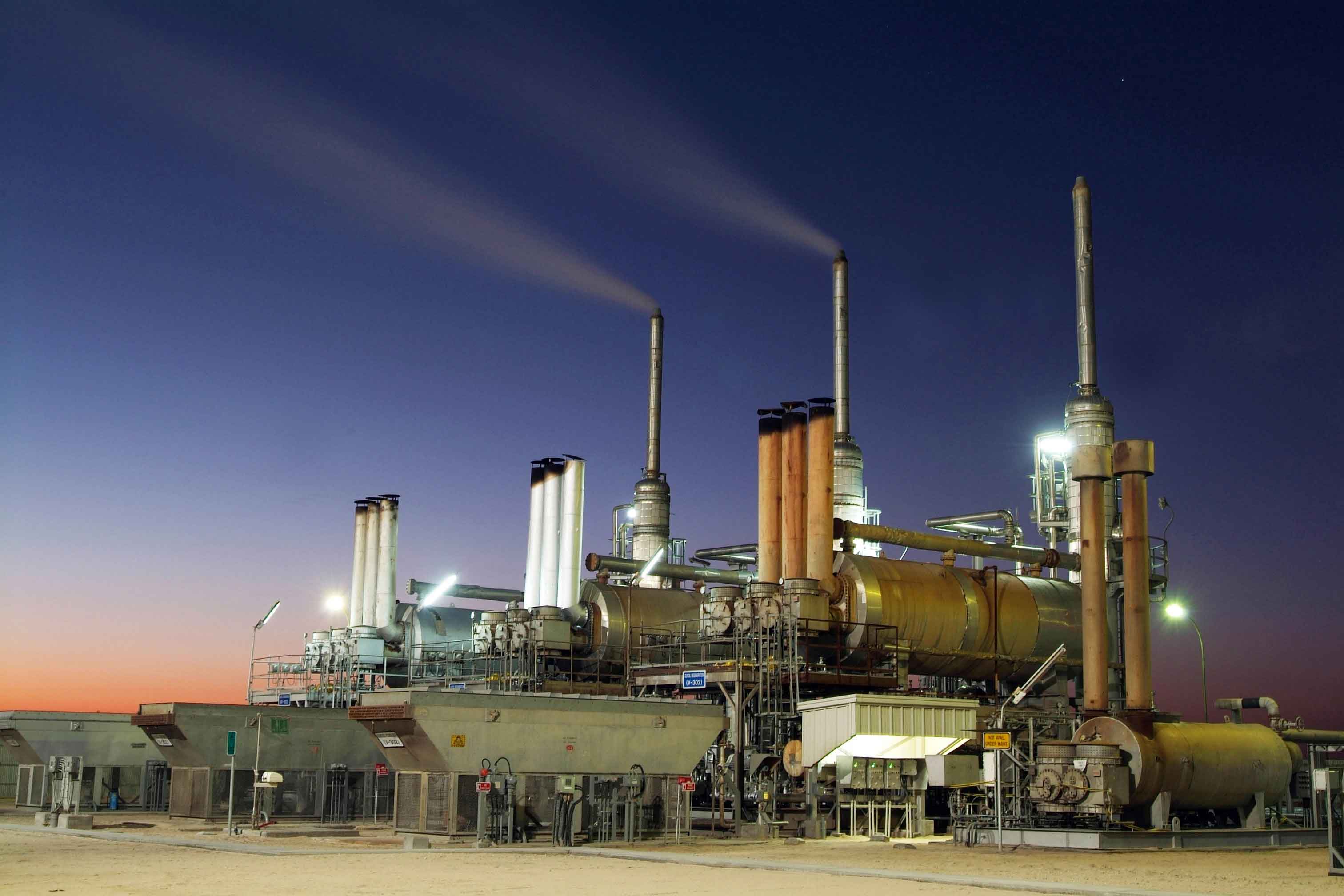The Modern Oil Company: Navigating the Energy Landscape
In the complex and ever-evolving world of energy, oil companies have traditionally played a pivotal role. Despite the increasing prominence of renewable energy sources, oil companies remain critical to the global energy matrix.
Understanding the Oil Company Brockton MA operations, challenges, and future directions provides valuable insights into how they shape and respond to the dynamic energy landscape.
The Core Functions of an Oil Company
Oil companies, also known as petroleum companies, are involved in the exploration, extraction, refining, and distribution of oil and natural gas. These operations can be broadly categorised into three main sectors

Upstream: This involves exploration and production. Companies identify potential oil reserves, drill wells, and extract oil and gas from the earth. Advanced technologies like seismic imaging and directional drilling have revolutionised this sector, enabling more efficient and environmentally conscious extraction methods.
Midstream: This sector focuses on transportation and storage. Oil and gas need to be moved from extraction sites to refineries and then to distribution centers. This is achieved through pipelines, tankers, and storage facilities. Midstream operations are crucial for ensuring the smooth flow of energy resources and maintaining supply chain integrity.
Downstream: This includes refining and marketing. Crude oil is processed into various petroleum products, such as gasoline, diesel, jet fuel, and petrochemicals used in the manufacturing of plastics, fertilisers, and pharmaceuticals. The refined products are then distributed to consumers through retail outlets, such as gas stations, or sold directly to industries.
Challenges Facing Modern Oil Companies
While oil companies have historically been robust economic entities, they face several contemporary challenges that require strategic adaptation:
Environmental Regulations and Climate Change: There is increasing pressure to reduce greenhouse gas emissions and minimise environmental impacts. Oil companies are investing in cleaner technologies and exploring carbon capture and storage solutions. Additionally, they are diversifying into renewable energy sources to align with global climate goals.
Market Volatility: The oil market is highly volatile, influenced by geopolitical events, supply-demand dynamics, and economic fluctuations. Price swings can impact profitability and investment decisions. Companies must develop robust risk management strategies to navigate this volatility effectively.
Technological Advancements: The rapid pace of technological innovation is transforming the energy sector. Oil companies are leveraging digital technologies, such as the Internet of Things (IoT), artificial intelligence (AI), and big data analytics, to enhance operational efficiency, optimise resource management, and improve decision-making processes.
Changing Consumer Preferences: There is a growing shift towards sustainable and alternative energy sources. Consumers and businesses are increasingly seeking energy solutions that reduce carbon footprints. Oil companies must adapt to these changing preferences by investing in renewable energy projects and developing eco-friendly products.
The Role of Oil Companies in the Energy Transition
As the world shifts towards a more sustainable energy future, oil company Brockton MA are playing a critical role in facilitating the energy transition. Here’s how they are contributing:
Investing in Renewable Energy: Many oil companies are expanding their portfolios to include renewable energy sources such as wind, solar, and biofuels. This diversification not only helps in reducing their carbon footprint but also positions them as key players in the renewable energy market.
Developing Carbon Capture and Storage (CCS): To mitigate the environmental impact of fossil fuel use, oil companies are investing in CCS technologies. These technologies capture carbon dioxide emissions from industrial processes and store them underground, preventing them from entering the atmosphere.
Promoting Energy Efficiency: Oil companies are enhancing energy efficiency across their operations. This includes optimising production processes, reducing energy consumption, and developing advanced technologies to improve fuel efficiency in transportation and industrial applications.
Supporting Innovation and Research: Oil companies are investing in research and development to drive innovation in energy technologies. This includes exploring new methods for sustainable energy production, improving existing technologies, and supporting startups and academic research in the energy sector.
The Future of Oil Companies
The future of oil companies lies in their ability to adapt to changing market dynamics and embrace sustainability. Key trends that will shape their future include:
Integration of Digital Technologies: The adoption of digital technologies will continue to transform the oil and gas industry. Predictive analytics, blockchain, and automation will streamline operations, enhance transparency, and improve supply chain management.
Focus on Decarbonisation: Oil companies will intensify their efforts to decarbonise their operations. This includes setting ambitious emissions reduction targets, investing in low-carbon technologies, and partnering with governments and other stakeholders to achieve climate goals.
Expansion into New Markets: As demand for traditional petroleum products declines, oil companies will explore new markets and business models. This includes expanding into renewable energy, electric vehicle charging infrastructure, and energy storage solutions.
Resilience and Risk Management: The ability to withstand market volatility and geopolitical uncertainties will be crucial. Companies will need to develop resilient supply chains, diversify their portfolios, and adopt agile business strategies to thrive in a dynamic energy landscape.
Final Words
Oil companies are at a crossroads, facing both significant challenges and exciting opportunities. By embracing innovation, committing to sustainability, and adapting to the evolving energy landscape, they can continue to play a vital role in meeting the world's energy needs while contributing to a sustainable future.
The journey ahead is complex, but with strategic foresight and a commitment to change, oil company Brockton MA can navigate the energy transition successfully and remain integral to the global economy.

Comments
Post a Comment